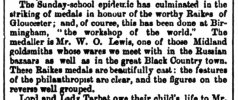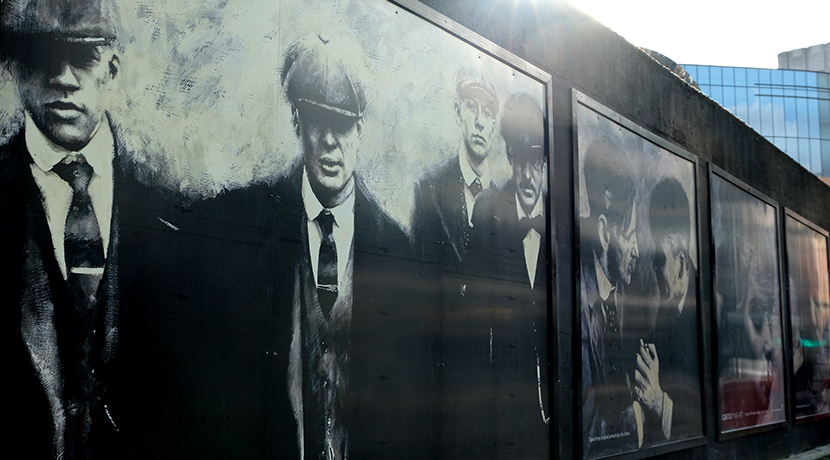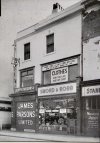mw0njm.
A Brummie Dude
Beware of the squirrel
Squirrels can get protective about their nuts. You never got this aggro with Tufty he heiped children across the road.
Squirrels can get protective about their nuts. You never got this aggro with Tufty he heiped children across the road.





I wonder whether that was actually a genuine message to that gentleman from that lady in the Handsworth car, or a crafty way of placing a business advert in the "personal ads" by Thorne's?
I wonder whether that was actually a genuine message to that gentleman from that lady in the Handsworth car, or a crafty way of placing a business advert in the "personal ads" by Thorne's?
Municipilisation of public houses.
A proposal by Joseph Chamberlain?
I recently came across this article from Aris's Gazette of 16/12/1876. I know he municipalised water and gas, but pubs? Certainly that seems to have been the implication of Gothenberg notion or proposal.
Gothenberg council had legislated that only beer could be sold privately. The council alone could sell other alcoholic drinks. In the UK this was seen as a compromise. So both the advocates of temperance (politically, mainly Liberals) and their opponents (politically the Tories) opposed it.
JC was not against drinking as such. He was probably more concerned about the effect on his workers and consequently on his profits. Decades later he became Colonial Secretary and was able to forbid the sale of alcohol to black Africans.
